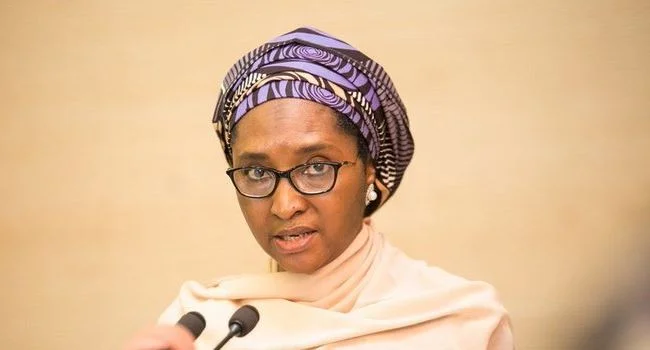The Federal Government may start gradually removing the petrol subsidy from April 2023, three months ahead of the initial plan for a complete stop. Mrs. Zainab Ahmed, Minister of Finance, Budget and National Planning, revealed this during an interview with ARISE TV at the World Economic Forum in Davos, Switzerland.
She noted that gradual removal is safer and more expedient than an abrupt termination, adding that political candidates in the upcoming general elections have also highlighted subsidy removal in their campaigns.
Current Subsidy Expenditure
After an 18-month extension, the Federal Government plans to spend N3.35 trillion on petrol subsidies from January to June 2023. The expenditure has sparked debates due to its potential to increase the budget deficit, which may require additional borrowing, further swelling the nation’s public debt, which stood at N44.06 trillion as of September 2022.
Global Financial Institutions Support Subsidy Removal
The World Bank and the International Monetary Fund (IMF) have repeatedly recommended the removal of fuel subsidies as a key fiscal reform to improve Nigeria’s development outcomes.
- World Bank President David Malpass said Nigeria needs to “phase out its costly, regressive fuel subsidy” to strengthen fiscal management and support sustainable growth.
- The IMF urged the removal of untargeted fuel subsidies, recommending compensatory measures for the poor and stronger social safety nets.
Revenue Implications for the FG
Ahmed emphasized that exiting the subsidy regime would free about N3.25 trillion in government revenue, reducing the need for borrowing to purchase petroleum products. She described this as a significant fiscal relief for 2023.
Collective Decision Behind Extension
Responding to questions about delays in subsidy removal, Ahmed clarified that the decision to retain payments was collective, aimed at mitigating the economic impact of COVID-19 and heightened inflation on citizens. She noted that President Buhari avoided measures that could exacerbate economic hardship.
Gradual Removal Strategy
Ahmed suggested that the government could begin the gradual removal of the subsidy in the second quarter of 2023, rather than implementing a complete stop at once. She highlighted that the subsidy cost in the 2023 budget should not exceed N3.23 trillion, whether fully phased out by June or July, emphasizing a step-by-step exit strategy.






